For most of us, Thanksgiving gives rise to some of the best memories of childhood, perhaps because the day is not complicated by the dramatic rituals and more profound emotions of other holidays. I think of my mother’s America now, and I know that we have not lost it entirely, even in the divisions of our age and the scattering that so often characterizes our families today.
 For most of us, Thanksgiving gives rise to some of the best memories of childhood, perhaps because the day is not complicated by the dramatic rituals and more profound emotions of other holidays. For my family in Georgia and South Carolina, Thanksgiving was the occasion when all my aunts and uncles and all my cousins would gather in Ninety-Six, South Carolina (there is a story in the name Ninety-Six, but nobody seems sure what it is), in the home my maternal grandfather had built in 1910.
For most of us, Thanksgiving gives rise to some of the best memories of childhood, perhaps because the day is not complicated by the dramatic rituals and more profound emotions of other holidays. For my family in Georgia and South Carolina, Thanksgiving was the occasion when all my aunts and uncles and all my cousins would gather in Ninety-Six, South Carolina (there is a story in the name Ninety-Six, but nobody seems sure what it is), in the home my maternal grandfather had built in 1910.
In those days before Mr. Frank (as even his children called him) died in 1964 and my grandmother, Miss Bert, moved to be near us in Georgia, my uncles were still young and full of wit and energy and laughter. My mother was the oldest in her family and she had married late, so my cousins were all within two or three years of my sister and me. They differed from my friends back in Georgia in being bound to me by blood kinship, an inner likeness difficult to parse. My aunts were young, beautiful, charming. My mother’s brothers had fought in World War II, one in the European Theater, two in the Pacific; her brother-in-law Jimmy had been a tail gunner on a B-24 over France and Germany.
But memories of war never came to the table. It never occurred to me at the time to think what my grandmother most have undergone with all three of her sons in the war at the same time. One of them was almost killed when his Jeep ran over a mine, another was convalescing from injuries when he met his future wife in Australia, and a third contracted malaria early in the war (I think on Guadalcanal) and suffered with it for years afterward. What my grandparents had to be thankful for on those occasions moves me now almost to heartache. What we have to be thankful for to those generations before us can never be overstated.
As for the cousins in those days, “Time let us play and be/Golden in the mercy of his means,” as Dylan Thomas puts it. As far as we knew, we were participants in a big family comedy. Uncle Jimmy (the tail gunner), who had married my mother’s much younger sister Sally, was the only one who had attended the University of South Carolina, whereas all my mother’s brothers had gone to Clemson, and the rivalry was loud and jocular. With the dishes prepared by my grandmother, my mother, and my aunts, we would feast on turkey and dressing and sweet potatoes and beans (real Southern ones, cooked with onions and bacon) and my grandmother’s sweet rolls and who knows what else? Then would come the exaggerated groaning, the belly-patting, and the entirely hypocritical show of reluctance to eat pecan or apple pie with their homemade crusts and their mounds of vanilla ice cream. We would eat early, and the afternoon would be open for play outside in the yard or the woods behind my grandparents’ house before the leave-taking. Everyone lived close enough to be home in two or three hours.
My cousins are my age, but most of our vivid parents and aunts and uncles have died, some long ago. My mother died at 101 six years ago tomorrow, on Thanksgiving Day. I think of her America now, and I know that we have not lost it entirely, even in the divisions of our age and the scattering that so often characterizes our families today. I am thankful that my wife and I have been able to give some such memories to our own children and grandchildren. Our far-flung married children are now continuing the old traditions, and there will be gatherings and reunions tomorrow. Here in Lander, my wife and I, like many others on the faculty and staff, will host students who live too far away to get home over this brief holiday. We will give thanks for the many blessings of God to all of us as individuals and as citizens of a nation still envied around the world for its liberty and prosperity. We will give thanks, as always, for our privilege as beneficiaries of the great gift of our faith in Jesus Christ and the hope of salvation.
My gratitude to our founders (Bishop David Ricken, Dr. Robert Carlson, and Fr. Simeon Cook), our faculty, and our staff is deep, and I know that I speak for all of us here at Wyoming Catholic College in expressing our thanks to the parents who send their children into our care, to the donors who support our endeavors, and to all the friends who make our work possible in ways too numerous to count.
Republished with gracious permission from Wyoming Catholic College‘s weekly newsletter.
The Imaginative Conservative applies the principle of appreciation to the discussion of culture and politics—we approach dialogue with magnanimity rather than with mere civility. Will you help us remain a refreshing oasis in the increasingly contentious arena of modern discourse? Please consider donating now.
The featured image is a postcard “Thanksgiving Greetings” (circa 1909) and is in the public domain, courtesy of Wikimedia Commons.


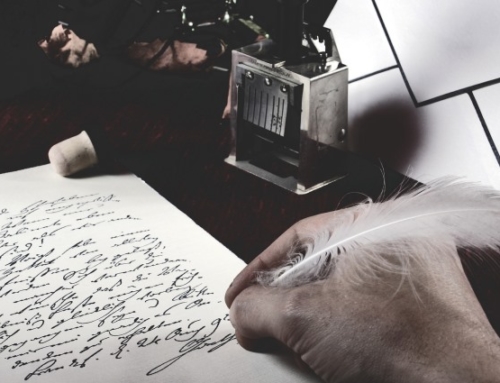
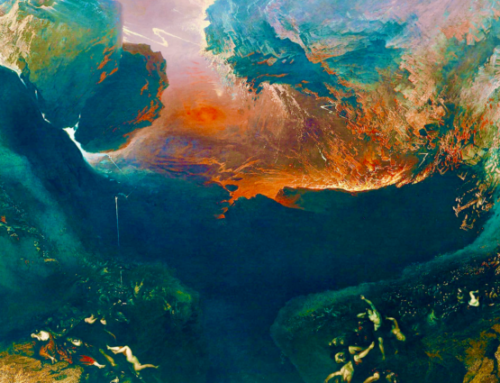
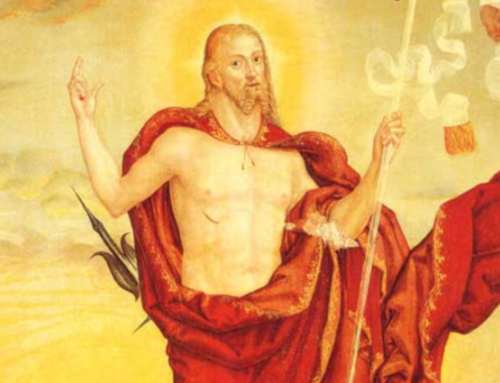
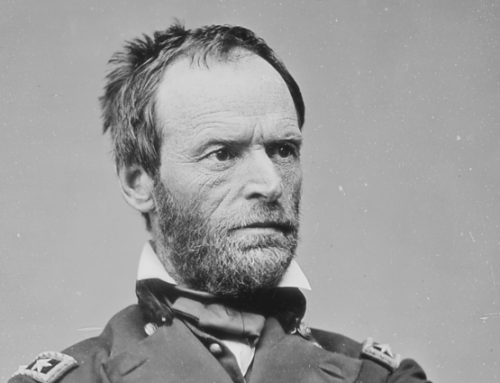
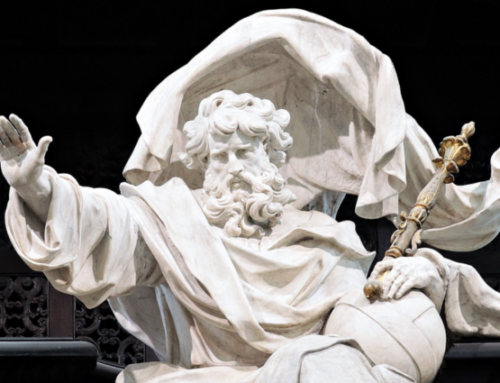
Thank you.
That was lovely.